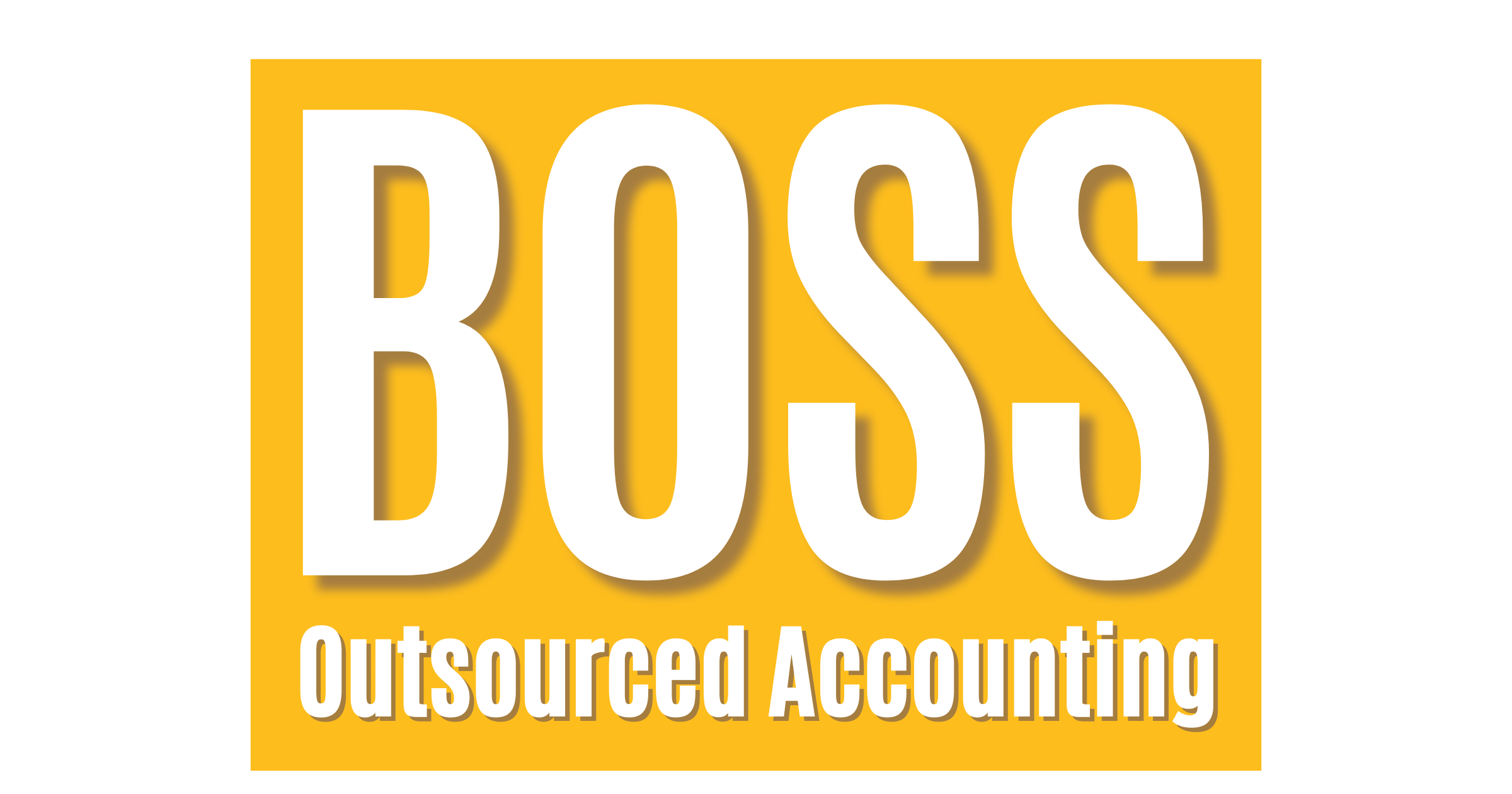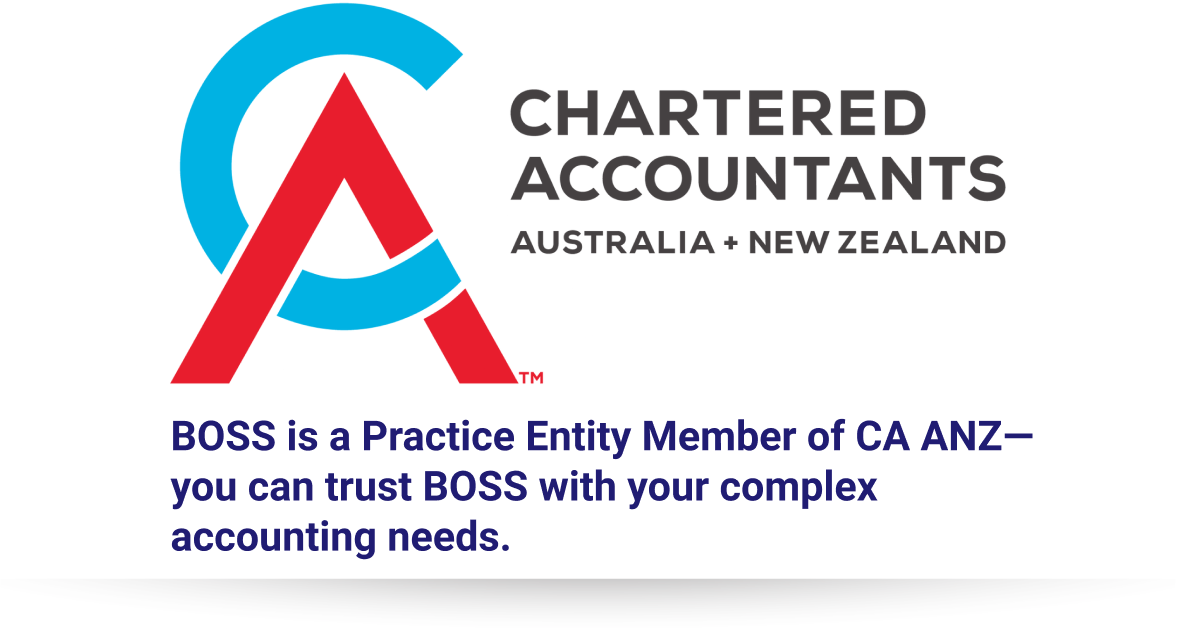An increase in prices? The need to terminate a client relationship? The responsibility to prompt clients about their commitment to providing referrals?
For many accountants, these challenging conversations can provoke uncertainty and discomfort, presenting an array of obstacles that seem easier addressed later than sooner.
The dilemma is that postponing vital communications – irrespective of the associated unease – could potentially lead to severe repercussions for your firm. At the very least, delaying these calls contributes stress as well as distracting thoughts persistently looming overhead. Worst case scenario: tasks pivotal for the improvement of your company are disregarded creating impediments harmful to business operation and growth.
Nonetheless, you are an accountant; adept at numbers but not necessarily versed in delivering unwelcome news. You may be wondering how one can simplify this process? How do we hasten completion of these taxing conversations for smoother subsequent operations?
Commit
Elevate the significance of making your business calls by earmarking a special place for them in your calendar. Optimally, make this schedule visible to your team members as well; embedding accountability within your daily routine.
Moreover, consider addressing these tasks first thing upon starting your work day. Naturally, energy levels and motivation taper off as the day proceeds; thus tackling complex tasks such as difficult calls becomes more daunting later during the workday.
Beginning with these activities ensures you’re at peak energy and fosters a positive attitude towards the calling process – crucial aspects that clients can discern through nuances in tone during conversations.
Prepare a script
It is not necessary to script your dialogue with clients verbatim, but maintaining a written agenda can provide the assurance of concise and fluid communication. This procedure ensures all pertinent points are addressed effectively rather than inadvertently omitting crucial details while aiming for an expedient completion of the call.
So consider writing down:
- The main point of the call: “I’d like to take a minute to chat about the referrals we discussed in our last meeting.”
- Why this issue is important. If you can, first frame it by saying why your client is suffering from not having this issue resolved, and then detail how it’s not doing your firm any good either.
- How you think you and your client should best proceed. If you want to sever the relationship, perhaps you can refer them to other firms you believe would better serve their interests. If you’re looking for some promised referrals, you can outline why you asked the client for referrals from them (butter them up as an A-list client) and the qualities that you’re looking for in the referrals. By listing the qualities you may help your current client immediately think of a colleague or friend who fits the bill. Whatever the resolution, try to make it involve concrete steps that can be check-marked by specific dates.
Again, you are not obliged to transcribe this verbatim. Rather, view this script as a series of guideline points, facilitating seamless transition through your conversation. Utilising these outlines can significantly assist in formulating swift responses by predicting potential client objections and preparing fitting answers beforehand.
Consider your language
When deciding between email and a phone call for communication purposes, it is important to carefully consider the language you use. It is advisable to construct your message to reflect that you have control of the situation, rather than demonstrating panic in the face of an unhappy client. By employing a controlled language strategy, you are more likely to achieve better results as it conveys well-thought-out reasoning and presents a viable solution that benefits both the client and the organisation. Conversely, using language that denotes urgency or reactionary sentiments may be met with resistance as it suggests a reactive crisis management approach. Therefore, it is crucial to pay attention to the language choices when communicating.
So for example your subject line dealing with a price increase might go:
Pricing update: Here’s how our new pricing structure will benefit you.
As opposed to:
FOR YOUR IMMEDIATE ATTENTION: Your prices are about to change!
We’ve exaggerated a bit in the second example, but you get the idea.
Take a breath
Housed within your cerebrum lies the sophisticated parasympathetic nervous system. Acting as a pivotal regulatory mechanism, this element of your physiology instructs various bodily constituents to either unwind or accelerate in response to impending threats, such as an elevated heart rate, intensified intestinal activity or contractions on your lower extremities.
Incorporating deep and relaxed paced breaths serves as reassurance for the aforementioned system that all is well; these phone calls simply form part of your professional duties. Although this effort does not alter the origins of stressors — it undeniably transmutes how your organism responds toward them.
So before you place the call, take a few minutes to breathe deeply enough to visibly move your diaphragm, hold it for a couple of seconds, and then do a slow exhale. If you’re really keyed up, find a private spot where you can lie on the floor on your back and practice breathing with your hands on your stomach so you can feel it rise and fall with each breath.
Find a private space
The idea of colleagues overhearing your conversation in the office can intensify an already challenging situation. Therefore, if possible, locate a private space where your calls cannot be audibly intruded upon by others.
Find a pro
It is possible that within your professional environment, an individual may possess expertise in effectively executing these types of phone calls. This incident doesn’t exempt you from responsibility; instead provides a perfect opportunity to learn and absorb their strategies for handling such transactions and implement them subsequently in your own communication sessions for improved proficiency.
The abilities obtained from navigating these unfavourable circumstances will prove to be a significant advantage for your organisation. It affords not just the competency to manage clients with tact and diplomacy, but also equips you in addressing employee-related issues and overcoming obstacles encountered within your social media strategies.


